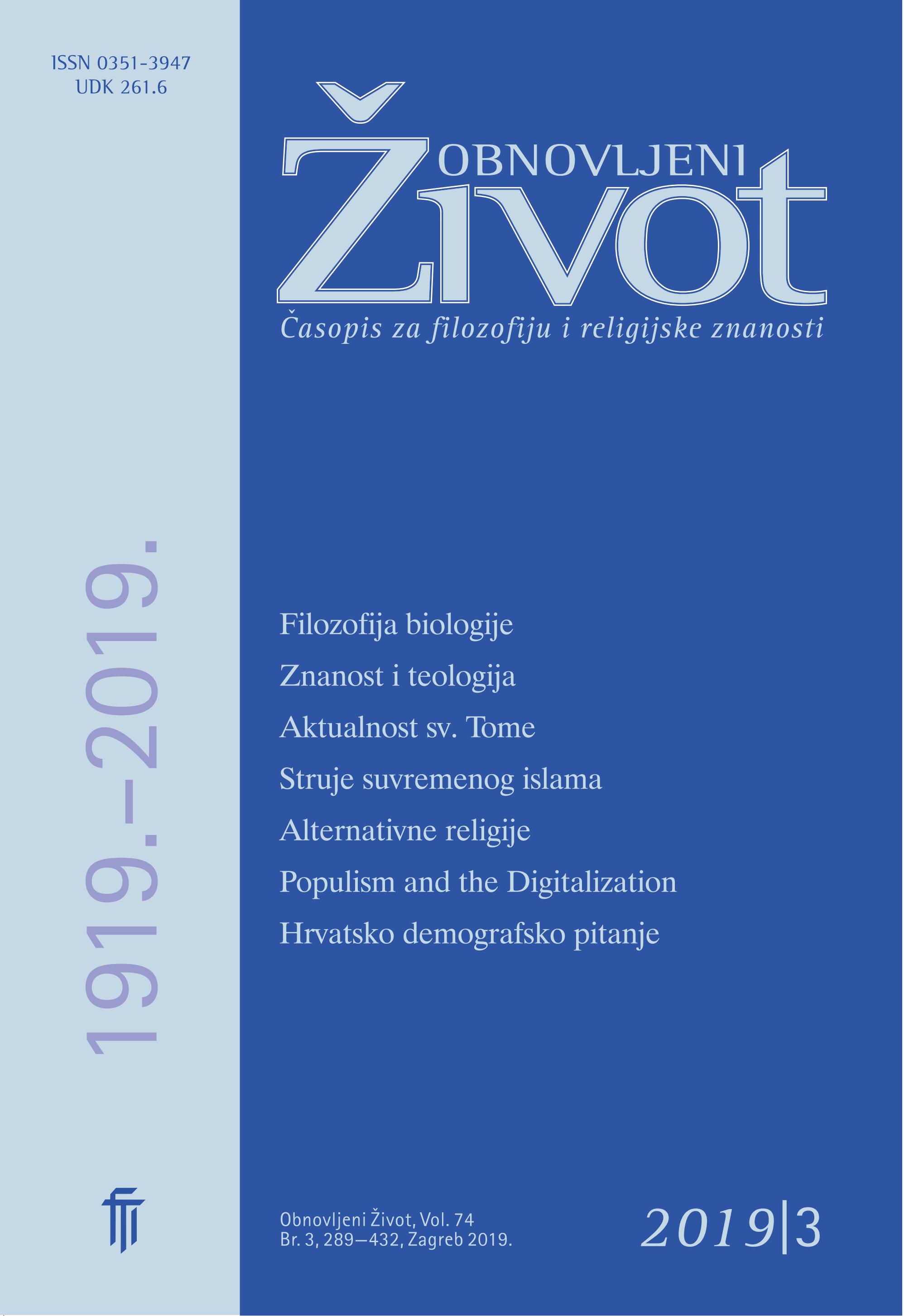On Contemporary Mainstream Islam, the Holy War and Reading the Quran
Keywords:
contemporary Islam, Quran, violence, Weber, Hegel, contextualizationAbstract
The horrifying massacres committed during the civil war in Syria and Iraq by different
groups, particularly those fighting under the banner of ISIS (Islamic State of Iraq
and Syria) brought together many scholars, clerics, Islamic theologians and others
throughout the world in a discursive effort to find a connection between the Quran
and the military practices of the militants of this state, the self–proclaimed new caliphate.
They maintain firmly that neither justifications nor arguments can be found
in the Quran for the crimes of ISIS, though militants declare that their deeds in Syria
and Iraq are nothing more than a fulfillment of the Quran obligation which in Islam
is known as jihad.
Who is in the right? In order to be able to answer this question, however inconclusive,
one must dismantle a range of issues. The first involves the context of mainstream
thinking in contemporary Islam. In order to resolve this issue we must ascertain what
place groups, such as ISIS and Al Nusrat (which emerged as a branch of Al Qaeda)
occupy in the typology and topology of Islamic doctrine. The second entails the concept
of jihad, and ultimately the issue of the text of the Quran itself, its stance toward
war and violence and also various possible interpretations of the text. The second
and third questions enable us to envision the extent to which the pretensions of these
groups of bringing about a reactualisation of authentic islam are tenable.
Downloads
Published
Issue
Section
License
Jednom prihvaćeni članak obvezuje autora da ga ne smije objaviti drugdje bez dozvole uredništva, a i tada samo uz bilješku da je objavljen prvi put u Obnovljenom životu. Uredništvo će obavijestiti autora o prihvaćanju ili neprihvaćanju članka za objavljivanje.
Članci objavljeni u časopisu se, uz prikladno navođenje izvora, smiju besplatno koristiti u obrazovne i druge nekomercijalne svrhe.


